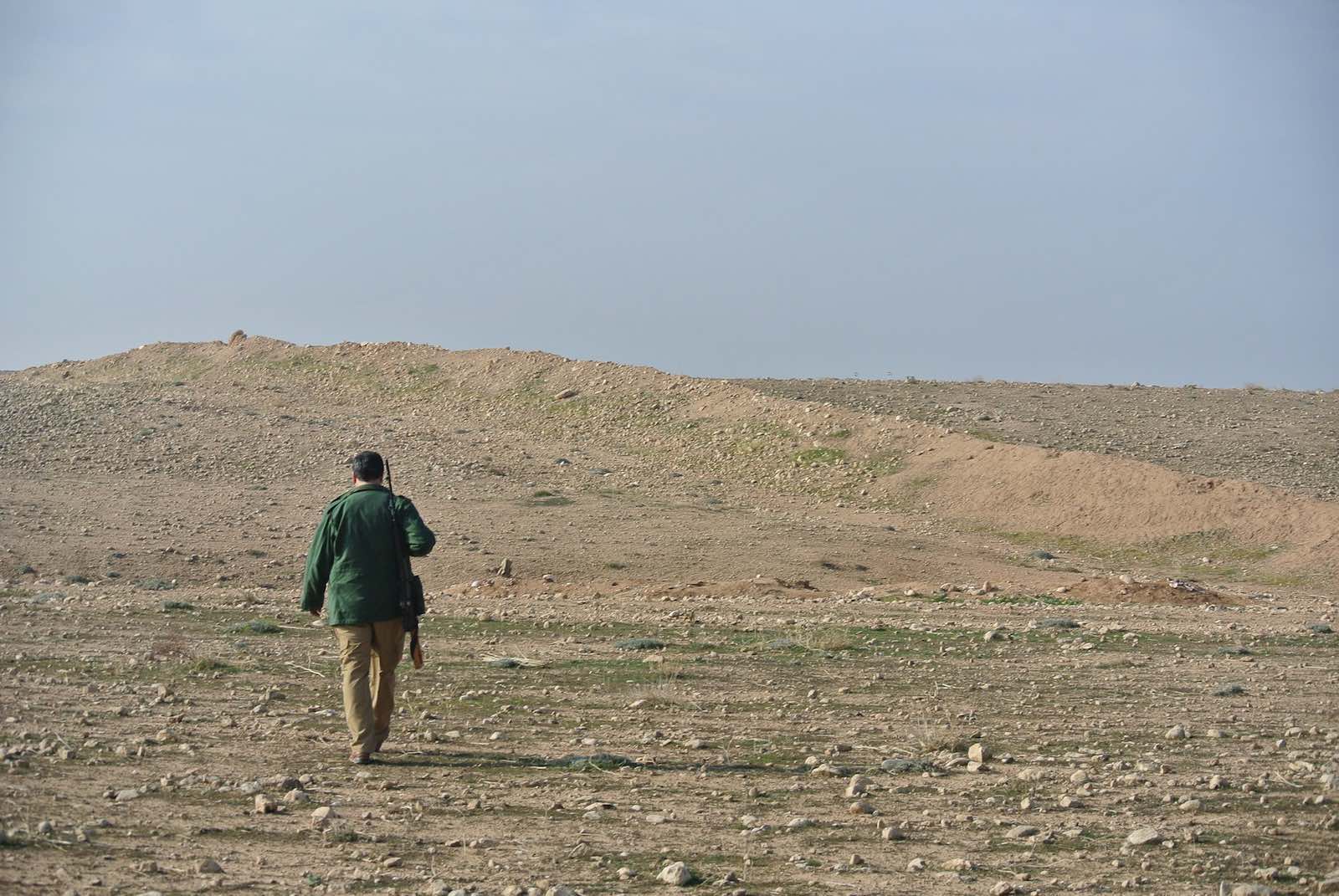In the immediate aftermath of the Soleimani strike, Iran’s first act of retaliation was to launch 22 missiles against the US base at the Ain al-Assad airbase, in Iraq’s Sunni-dominated Anbar province. Less publicised were the seven simultaneous Iranian strikes against targets in the Kurdish capital of Erbil – an attack interpreted as a clear warning to the Kurdistan Regional Government (KRG).
Just in case that message was ambiguous, Iranian proxy Hezbollah leader Hassan Nasralllah’s comments on 12 January were not: he claimed Erbil had a debt of gratitude to Tehran after Soleimani’s men had helped repel Islamic State.
[Former KRG President Mahmoud] Barzani was shaking with fear, but Soleimani and the brothers from Hezbollah helped you repulse this unprecedented threat; and now you must repay this good by being part of the effort to expel the Americans from Iraq and the region.
Soleimani’s proxy militia forces were indeed instrumental in defeating ISIS in Iraq, fighting alongside the US-backed Kurdish forces. But the assistance did not come without a heavy price. In the wake of ISIS, the Iranian-backed proxy militias have proved difficult to dislodge, impossible to absorb into regular forces, and have essentially run amok, exacting reprisals against Sunnis in Anbar and Mosul and even against the Kurds in Kirkuk. They have tilted the military balance of power in Iraq in Iran’s favour and shored up Iranian – and, by default, Shiite – positions in a way that worked to entrench Iran’s influence in Iraqi governance and exacerbate Iraq’s sectarian fault lines.
Now, with ample evidence that ISIS sleeper cells are active and the fear that the militants will use the current vacuum created by a US withdrawal to regroup, it seems inevitable that ISIS will make a comeback. That threat works very well in Iran’s favour.
Read the article by Lauren Williams on The Interpreter.

